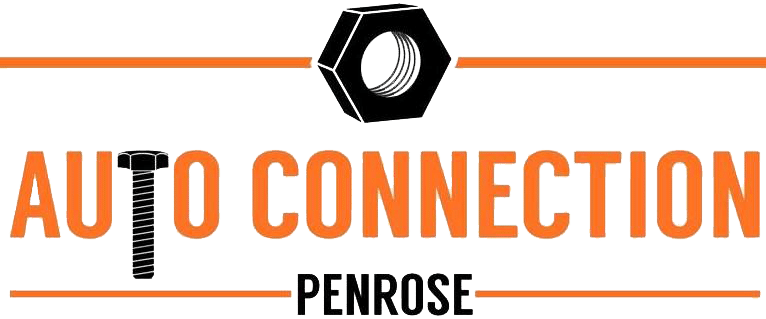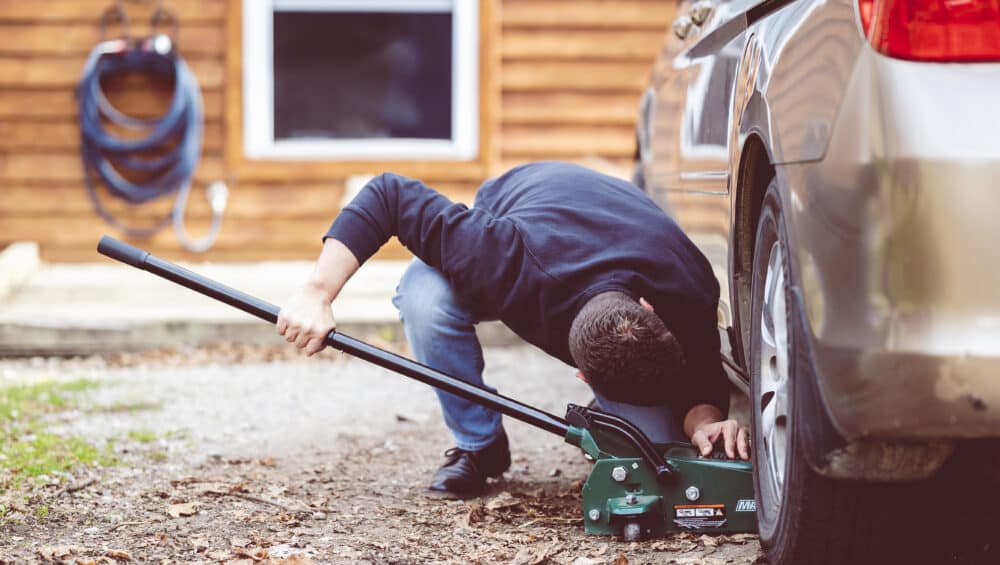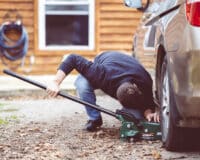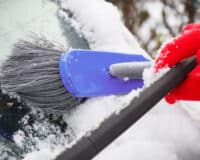With so many online tutorials available today, DIY car repairs are more popular than ever. While there are some repairs you can handle on your own to save time and money, there are also complex fixes that require a professional touch to ensure your safety and the longevity of your vehicle. Here’s a breakdown of what you can and can’t fix at home.
Repairs You Can Do at Home
- Changing Your Oil
Changing the oil in your car is one of the most basic and essential tasks you can do at home. With the right tools (an oil filter wrench, a drain pan, and a funnel), this job can be completed in under an hour. Make sure to refer to your vehicle’s manual for the correct oil type and quantity. - Replacing Air Filters
Replacing your engine or cabin air filter is straightforward and doesn’t require any special tools. A clean air filter improves engine performance and increases fuel efficiency. Most car manuals will indicate how frequently this needs to be done, and it’s an easy task for any DIY enthusiast. - Changing a Flat Tire
Every driver should know how to change a flat tire, especially in emergencies. With a spare tire, jack, and lug wrench, you can get back on the road in no time. However, ensure that your spare tire is in good condition and that you periodically check it to avoid surprises when you need it most. - Replacing Windshield Wipers
Windshield wipers wear down over time and can easily be replaced in a few minutes. All you need is to purchase the right size wiper blades for your vehicle, and most models come with instructions for easy installation.
Repairs You Shouldn’t Attempt at Home
- Brake Repairs
While it may seem simple, brake repairs are best left to professionals. Your vehicle’s braking system is critical to safety, and any mistake could lead to brake failure. Brake pads, rotors, and fluid levels should be checked and replaced by a certified technician to avoid any risk. - Transmission Issues
Transmission problems can be complex and expensive. Diagnosing and fixing transmission issues typically require specialized tools and in-depth knowledge. Even a minor mistake can worsen the problem, leading to higher repair costs. - Suspension Work
Your car’s suspension system is intricate, and repairs often involve heavy lifting and advanced tools. Incorrectly handling this system can lead to poor vehicle control or even cause accidents. It’s always safer to have a professional check any suspension-related issues.
Conclusion
While DIY car repairs can save you money, it’s essential to recognize your limitations. Handling simple fixes like changing your oil or replacing air filters is safe and straightforward. However, for more complex systems like brakes or transmissions, it’s best to leave the work to the experts to avoid costly mistakes or safety hazards. Always assess the difficulty level before you start any repair, and don’t hesitate to contact a professional for tasks beyond your expertise.




